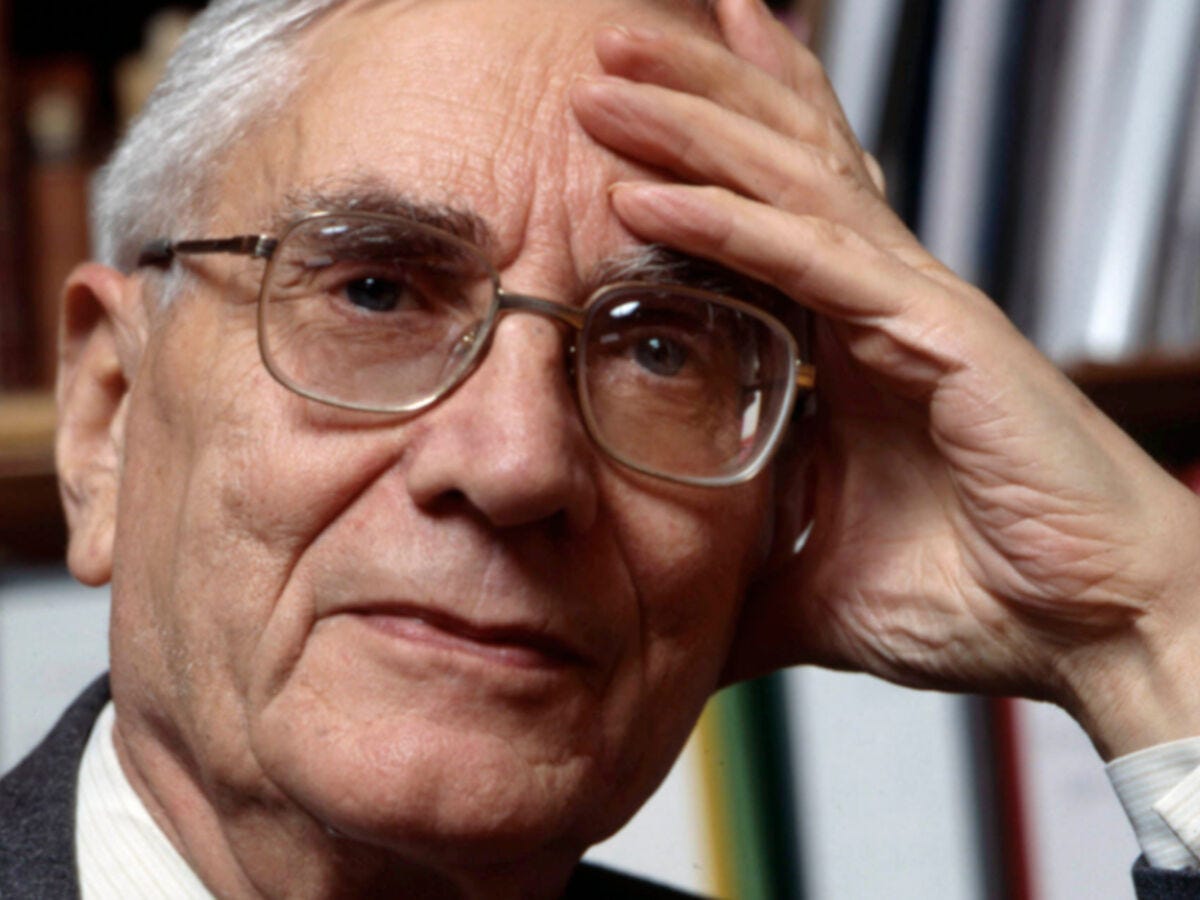Hadot’s Urgent Call: Is Your Philosophy a Performance or a Practice?
We often think of philosophy as complex books and abstract debates, but what if it’s meant to be a way of life? I’ll explore Pierre Hadot’s powerful argument that ancient philosophy was a practical path to transformation, and what that means for us today, away from the ivory tower.
Is Your Philosophy Just a Head Game?
I confess, for a long time, I viewed philosophy as something intellectual—a fascinating, challenging, but ultimately cerebral pursuit. It was about reading dense texts, dissecting arguments, and debating grand theories. And don’t get me wrong, there’s immense value in that. But increasingly, I’ve felt a disconnect: how much of this intellectual wrestling actually translates into how I live my life? How much does it genuinely transform my perspective, my reactions, my very being? It turns out, this feeling isn’t new; it’s a question Pierre Hadot, a brilliant French philosopher, dedicated his life to answering.
Pierre Hadot’s Radical Idea: Philosophy as Life Itself
Hadot argued that somewhere along history’s winding path, we lost the plot. Ancient philosophy, he meticulously showed, wasn’t just a set of doctrines; it was a way of life. It involved what he called “spiritual exercises”—concrete practices designed to profoundly change the individual. Think Stoicism, Epicureanism, Platonism—these weren’t just schools of thought, but schools of living, complete with daily routines and disciplines aimed at achieving wisdom and inner peace. It wasn’t about knowing philosophy; it was about being philosophical.
“Philosophy is not a theoretical construct, but a concrete attitude, a determinate lifestyle.”
– Pierre Hadot
This insight hit me hard. It wasn’t about academic performance; it was about personal practice.
The Ancient “Spiritual Exercises” for Today
So, what did these ancient practices look like? They were surprisingly practical: daily meditation, self-examination, mindful reading, active listening, logical reasoning, and even anticipating difficulties to cultivate resilience. They were tools to cultivate virtues, to manage emotions, and to align one’s life with universal reason. It wasn’t passive learning; it was active training. This is why philosophy isn’t just for dusty old academics; it’s for anyone who wants to live more deliberately, more wisely, and with greater inner freedom. Making philosophy a part of your daily life isn’t about becoming smarter; it’s about becoming more whole.
Why This Matters: Moving Beyond the Lecture Hall
In our hyper-connected, often superficial world, the temptation is to consume information—to read, to watch, to scroll—without truly internalizing or applying it. Hadot reminds us that genuine transformation requires more. It demands engagement, commitment, and consistent effort. We can talk endlessly about virtue, but until we practice patience in traffic, or forgiveness in conflict, or discipline in our work, it remains an abstraction.
“It is not enough to have studied the words of philosophers; you must also live by them.”
– A paraphrase of ancient philosophical thought, embodying the sentiment of Seneca and Epictetus
It’s a call to bridge the gap between our intellectual ideals and our everyday reality.
Go Deeper
Step beyond the surface. Unlock The Third Citizen’s full library of deep guides and frameworks — now with 10% off the annual plan for new members.
A Practical Path to Being
So, how do we begin? It could be as simple as dedicating five minutes each morning to reflect on what truly matters, or engaging in a Stoic evening review of your day’s actions. It could mean consciously practicing empathy in your next conversation, or deliberately detaching from outcomes you cannot control. The point is not perfection, but persistent effort. Hadot’s work isn’t just a historical lesson; it’s a living invitation to reclaim philosophy as a vital, transformative force in your own life.



